9+ Sample Action Research Proposal
-
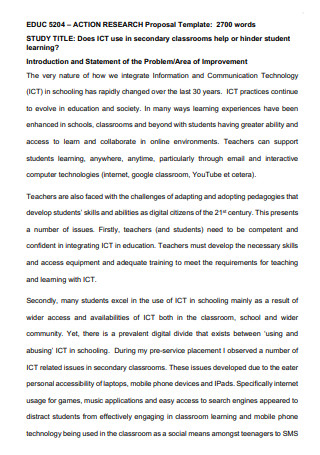
Action Research Proposal Template
download now -
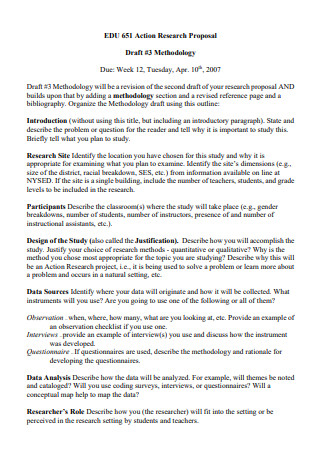
Draft Action Research Proposal
download now -
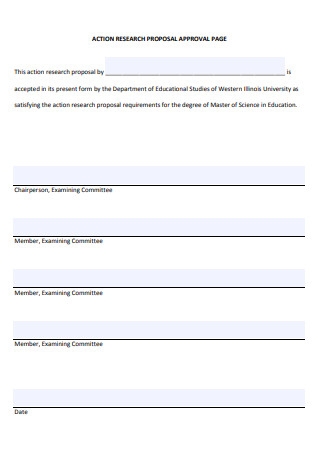
Action Research Proposal Approval
download now -
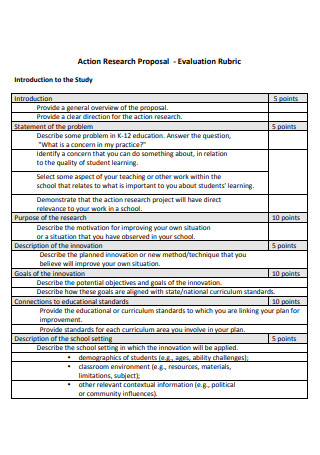
Basic Action Research Proposal
download now -
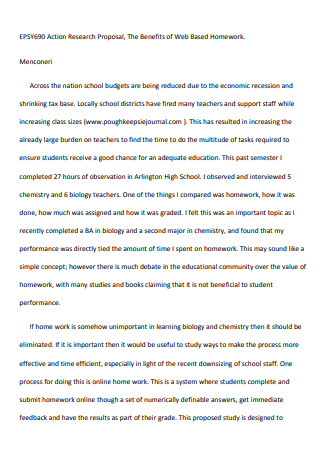
Action Research Proposal in PDF
download now -
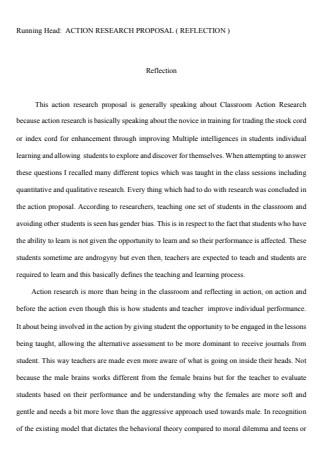
Reflection Action Research Proposal
download now -
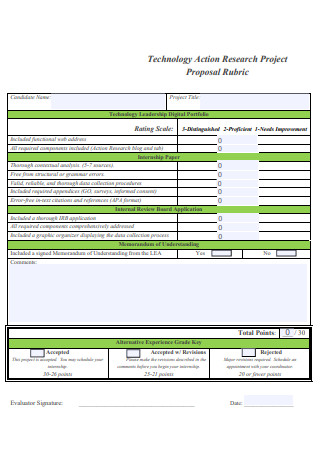
Technology Action Research Project Proposal
download now -
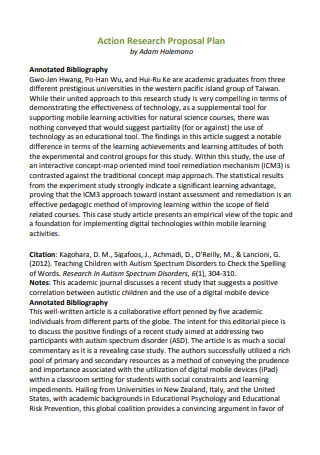
Action Research Proposal Plan
download now -
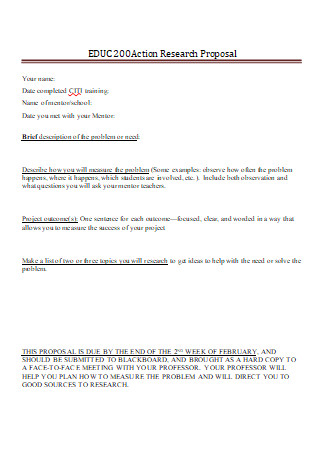
Printable Action Research Proposal
download now -
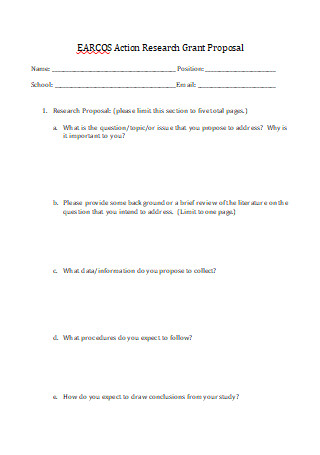
Action Research Grant Proposal
download now
FREE Action Research Proposal s to Download
9+ Sample Action Research Proposal
What is an Action Research Proposal?
Different Types of Action Research Proposal
Benefits of an Action Research Proposal
Basic Components of an Action Research Proposal
How to Develop an Action Research Proposal
FAQs
What are the different types of action research proposals?
What are the fundamental elements of an action research proposal?
How to write a one page proposal for a research paper?
What are the important characteristics of a good research proposal?
What is an Action Research Proposal?
An action research proposal is a significant piece of academic writing that comprises research goals, objectives, and methods or strategies made from a specific research question with the aim of conducting investigations in classrooms and schools. This is a beneficial document which will significantly help several teachers and practitioners such as administrators, specialists, counselors, tutors, aides, and many others who are involved in education to modify, change, and improve the teaching-learning process.
There is a report about a collaboration between Central Missouri State University and the Central Regional Professional Development Center as its mission emphasized the belief that, for teachers to change their own work and professional lives, teachers had to seek a deeper understanding of educational change and current issues. For 13 months, 19 teachers from 12 school districts engaged in a program that promoted individual action research projects and the results revealed that the academy was helpful in facilitating positive change in teachers’ classroom behavior. Thus, it is very important for teachers, tutors, counselors, and other educators to develop an effective action research proposal.
Different Types of Action Research Proposal
Collecting information concerning the current educational programs and results, analyzing information, developing an action plan to facilitate improvement, gathering changes after a new action plan being implemented, and setting up conclusions about the improvements are some of the methods being used in action research. However, what are different types of action research proposals that you need to develop? Below are different types of action research proposals that you may consider:
1. Individual Research Proposal
One teacher, tutor, counselor, school administrator, or staff member is usually the person who conducts an individual research in order to analyze a specific task. Are you a teacher who consciously thinks that carrying out group activities within a Mathematics or English class will assist in the improvement of student learning? If you need to perform research by carrying out a group activity for a specific period of time, you will also need to analyze the possible outcomes, to execute changes, or to cancel the program if not found to be beneficial. Developing an effective proposal for an individual research to your school management is a good way to get your teaching method approved by school administrators or the school management.
2. Collaborative Research Proposal
Tony Carlton, said: ““Synergy refers to the interaction of elements that when combined produce a total effect that is greater than the sum of the individual elements. In the context of your business, consider how a team can put forth a collaborative effort that exceeds an individual’s output. Now on task, you may begin to share the key parts of your plan with the pillars of your business or family. Embrace the opportunity and be enthusiastic as you are assigning responsibilities. Everyone needs to have a “paddle in the canoe” and work in synchronicity to achieve the desired outcome.” Bringing synergy and synchronicity through collaborative research with a group of people such as students, and teachers provide additional benefits than an individual research. So, create an enticing proposal for your collaborative research project.
3. School-Wide Research Proposal
When a particular educational institution like an academy or university may possibly have concerns about a school-wide problem, conducting a school-wide research is commonly made. For example, there exists a lack of parent participation for research to heighten the performance of the students in a specific subject area. So, to resolve this matter, all of the teachers, counselors, administrators, and other staff members join together through conducting a school-wide research to study the problem, carry out some changes, and assess the issue. If this happens in your school, then it is crucial that you and your management create an effective school-wide research proposal.
4. District-Wide Research Proposal
If there are certain problems that arise in an entire school district, educators and teachers need to perform a district-wide research. This is typically more community-based than the other research types. So, the management or committee from each school or academy located in the district should start a collaboration together to set matters in the right order. Thus, it is wise to develop a simple yet structured proposal for district-wide research to look for beneficial ways to improve the condition.
Benefits of an Action Research Proposal
It is not just teachers and educators who need to promote action research in their work. Actually, there are some graduate programs today that either provide an option or require students to use action research as part of their undergraduate or graduate degree programs. For instance, a report stated that a Master’s program that used a cohort model within a collaborative learning community incorporated action research and they found out that their approach prepared educators to assume leadership roles in reforming education to fulfill the complex necessities of students today. Moreover, what are some of the notable benefits of action research? You can read the details as follows:
1. Promote Improvement and Foster Professional Growth
Structuring an action research proposal is a process that will assist teachers and other school personnel to start their roles as researchers so that they are able to study their own practice within their classrooms and schools. With the use of proposals, they can appeal to the management concerning their improvement and professional growth. In this way, they can work on their investigations systematically as they try their best in understanding their students, solving problems, and developing new skills.
2. Better Monitoring and Assessment
The primary objectives, research methods, and anticipated outcomes of an action research are written in a proposal. With this essential information, it will help teachers, counselors, tutors, and other educators in generating sufficient knowledge and insight, being capable of formulating informed decisions in accord to their own inquiries and able to assume responsibility for their own research-based actions. So, they can continue monitoring and assessing the development of their teaching skills and methods.
3. Lead Positive Changes
Writing a compelling proposal for action research can lead towards positive changes in many ways, not just for the teachers but for the school as a whole. Conducting action research gives teachers and educators a powerful strategy for being productive and efficient in paving the way for the improvement and positive changes of the school.
4. Minimize Potential Issues
Several educational institutions, academies, and universities encounter some issues inside their campus that can be risky. An impeccably-written action research proposal will help the management, committee, school administrators, or key people who will receive your proposal to understand that your proposed research can minimize potential issues and other concerns in the campus. Thus, indicate the risks and explain how your proposed research will resolve certain issues at school.
5. Define the Purpose
Richard Sagor, a professor and former director of the Educational Leadership Program at Lewis & Clark College, explained that “practitioners who engage in action research inevitably find it to be an empowering experience…Relevance is guaranteed because the focus of each research project is determined by the researchers, who are also the primary consumers of the findings.” When you create your action research proposal, define the purpose of your action research work by explaining the reason why you are determined to start conducting action research for the students. In this way, you will also help yourself clarify your purpose and concentrate on the direction based on what has been indicated in the proposal. Plus, it will motivate you and other researchers to achieve your goals in improving education.
Basic Components of an Action Research Proposal
In this section, you will learn how to craft a wonderfully-written action research proposal so that you are able to draw the attention of the readers of your proposal which include the school management, committee, administrators, and many others. However, a proposal contains different kinds of components. Take into account of the following elements for you to create a one-of-a-kind document:
How to Develop an Action Research Proposal
There are many diverse institutions that have varying requirements when it comes to action research proposal writing. Some managements prefer a research proposal of 400-400 words while others prefer 1,500 words. Before writing an action research proposal, you need to carefully check the guidelines in the official handbook so that you are aware of the requirements. In this matter, we suggest that you follow the simple steps below while freely using one of our action research proposal templates in this article:
Step 1: Introduce Yourself
The first thing you need to do is tell your reader enough information about yourself such as the location of your work, the length of time you have been working there, and your specific job position. Inform them about anything special and unique in your workplace. This part doesn’t need to be complicated. Keep things simple and only highlight the important points.
Step 2: Identify an Area of Interest
Explain your intentions and goals in performing action research. Perhaps you are eager to level up your workplace practice, realizing that it involves setting up an in-depth investigation in order to examine the current condition of the practice and to know the necessary measures to improve it. You need to formulate several research questions and generate ideas concerning the project. Tell your reader that you clearly discern this and will work on this.
Step 3: Write a Clear Overview of the Action Research
Next step is writing a clear overview of the action research you will be conducting. To complete this part, you first need to gather evidence connected to your research question which will fortify your position towards validating to knowledge, saying that you know about a certain thing that you didn’t know before. So, you need to demonstrate that these information are not merely your personal idea or opinion, but are grounded in true evidence.
Step 4: Provide Research Methods, and Timeline
Describe the different types of methods and strategies that you are planning to use for your dissertation research study. After that, list the specific time or the type of sequence each phase of your research project will happen when you provide your realistic and systematic timeline of research. This will help your readers or evaluators to see if you have allocated sufficient time to accomplish your proposed research.
Step 5: Highlight the Contribution of the Research Project
What are the advantages and contributions of your research work? Highlight the unique value and contribution of the research project. Tell your readers on the significance of your research like, for example, informing new practices and new policies in your workplace. Also, specify the steps on presenting and sharing your findings through various publications, conference presentations, radio and TV appearances, etc.
Step 6: Prepare the Final Draft
Last but not the least, prepare the final draft of your action research proposal that consists of logical and compelling details about your pitch. Schedule a meeting with the management, committee, or the people who will receive your action research proposal. Then, ask for some help from your work colleagues and other researchers in the field you have been working for effective proofreading and revision of your document so that you can submit your research proposal correctly.
FAQs
The different types of action research proposals are individual research, collaborative research, school-wide research, and district-wide research.
What are the different types of action research proposals?
When preparing your action research proposal, you need to consider these fundamental elements such as a brief description of a problem or issue, a simple overview of the action research, clear description of research methods and solutions, the financial budget plan, purpose, significance, potential benefits, references, and citations.
What are the fundamental elements of an action research proposal?
Write a thought-provoking title and engaging introduction. Include a resource review. Explain the implementation of your methods. Predict your results. Elaborate the possible effect of the results.
How to write a one page proposal for a research paper?
A good research proposal should provide a clear and comprehensive definition of the issue or concern. Explain some logical solutions thoroughly. You need to be aware of several types of proposals. Also, incorporate a brief analysis of your proposal’s significance, contributions, and benefits.
What are the important characteristics of a good research proposal?
Craig A. Mertler, the author of the book Action Research: Improving School and Empowering Educators, said that while action research is largely about examining one’s own practice, reflection is an integral part of the action research process as teachers must become active participants in their classrooms and active observers in the learning process to help them develop their teaching profession. Additionally, a study conducted by Neopolitan in 2000 revealed 21 experienced teachers believed that engaging in action research helped them grow personally and professionally and allowed them to influence other teachers toward improving curriculum and instruction. Thus, to promote improvement and foster professional growth in your teaching practice, we recommend that you carefully follow the aforementioned tips and steps in this article so that you are able to craft a compelling and unique action research proposal. Plus, download our free action research proposal samples here today!
